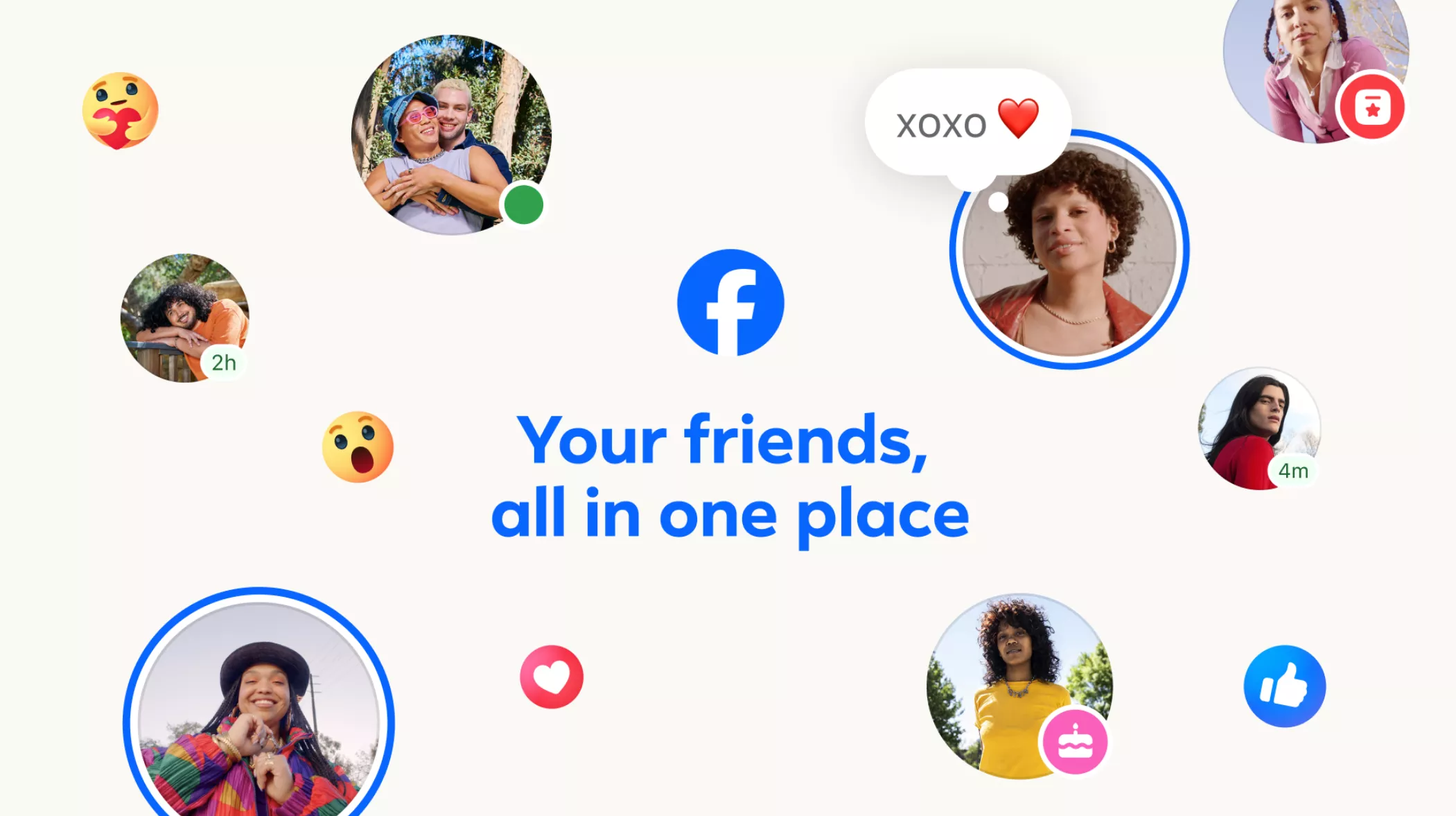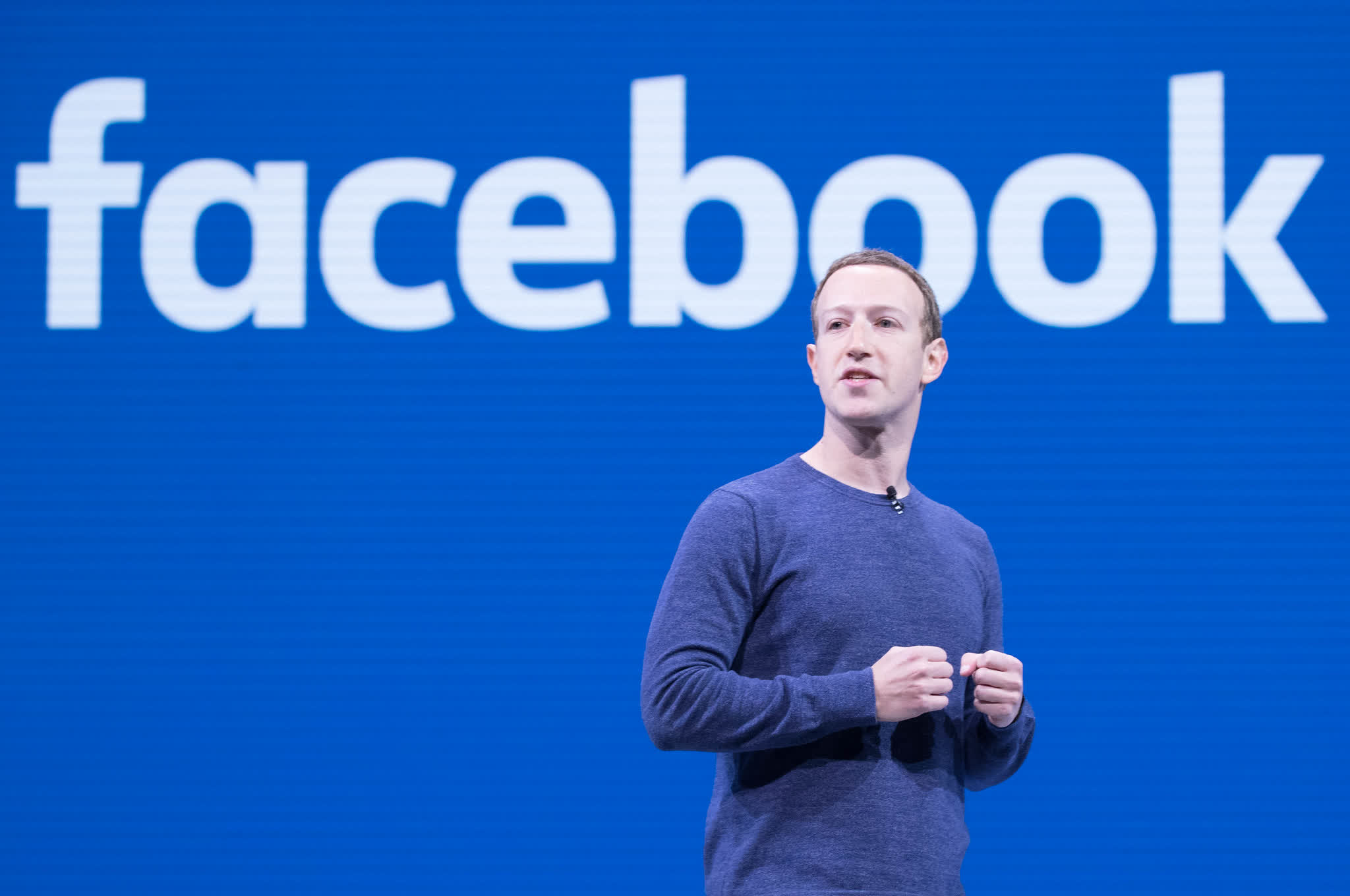In brief: If you think Facebook has strayed far from its roots as a platform that connected friends and family, you're not alone. Even Meta CEO Mark Zuckerberg shares this view. He also considered purging every friend from users' accounts in 2022 and having them start from scratch.
Zuckerberg was on the witness stand on Monday to defend Meta against a case brought by the FTC in 2022. The agency alleges the company created a market-dominating monopoly when it bought Instagram in 2012 and WhatsApp in 2014, thereby violating US competition laws. The FTC wants to break up Meta by spinning off one of these apps.
The government argues that Meta attracting 3.3 billion users to its platforms is a result of lack of reasonable alternatives.
When asked about Facebook's focus moving away from connecting with friends and family to news, groups, and other third-party content, Zuckerberg admitted that, "It's the case that over time, the 'interest' part of that has gotten built out more than the 'friend' part."
"(Users are) connected to a lot more groups and other kinds of things. The 'friend' part has gone down quite a bit, but it's still something we care about," he added.

The Facebook feed, once filled with posts and images from people you know, is now an algorithmic sea of sponsored content, group posts, and other recommendations from various pages and accounts. In Zuckerberg's words, the feed "has turned into more of a broad discovery and entertainment space."
The hearing also revealed that Zuckerberg had a "crazy idea" in 2022 that sounds like it would have been universally hated: wiping everyone's friend connections.
Zuckerberg was worried about Facebook's reputation in 2022. Apps like TikTok had become more culturally relevant, especially among young people, while Facebook was, and often still is, seen as the social media site for "old people," which seems to cover anyone over 30.
Zuckerberg proposed a radical solution in an internal email at the time, revealed by the government during the hearing. "Option 1. Double down on Friending," he wrote. "One potentially crazy idea is to consider wiping everyone's graphs and having them start again." Graphs in this case refers to friend connections.
Also read: Silicon Valley crosswalks hacked to play fake AI voices of Musk and Zuckerberg
Tom Alison, the head of Facebook, was unsure about the plan. "I'm not sure Option #1 in your proposal (Double-down on Friending) would be viable given my understanding of how vital the friend use case is to IG [Instagram]," he wrote.
Zuckerberg replied with, "Do you have a sense of how much work it would be to convert profiles to a follow model?"
Zuckerberg confirmed that Facebook never followed through with his plans for a mass unfriending, which is probably a good thing.
Facebook is aware that many users miss the days when the platform was all about connecting with others. The company announced last month that "the magic of friends has fallen away," and it would therefore be introducing several so-called "OG" Facebook experiences throughout the year. The first of these is a new Friends tab, which will show all your friends' posts, stories, reels, and birthdays. Friend requests will also be under this section.
Masthead: Anthony Quintano
